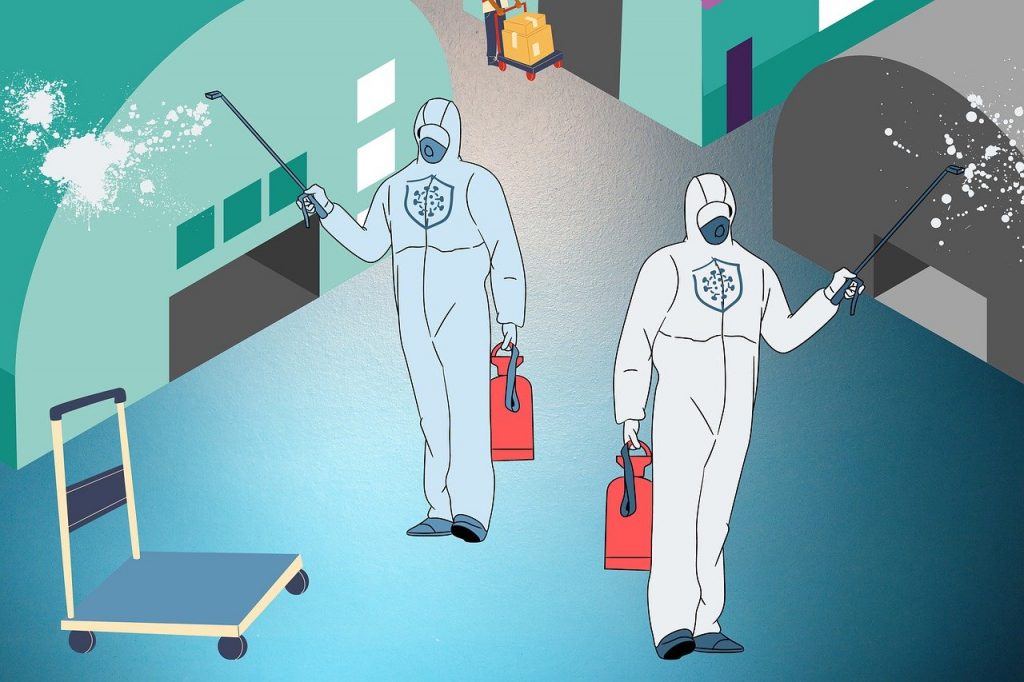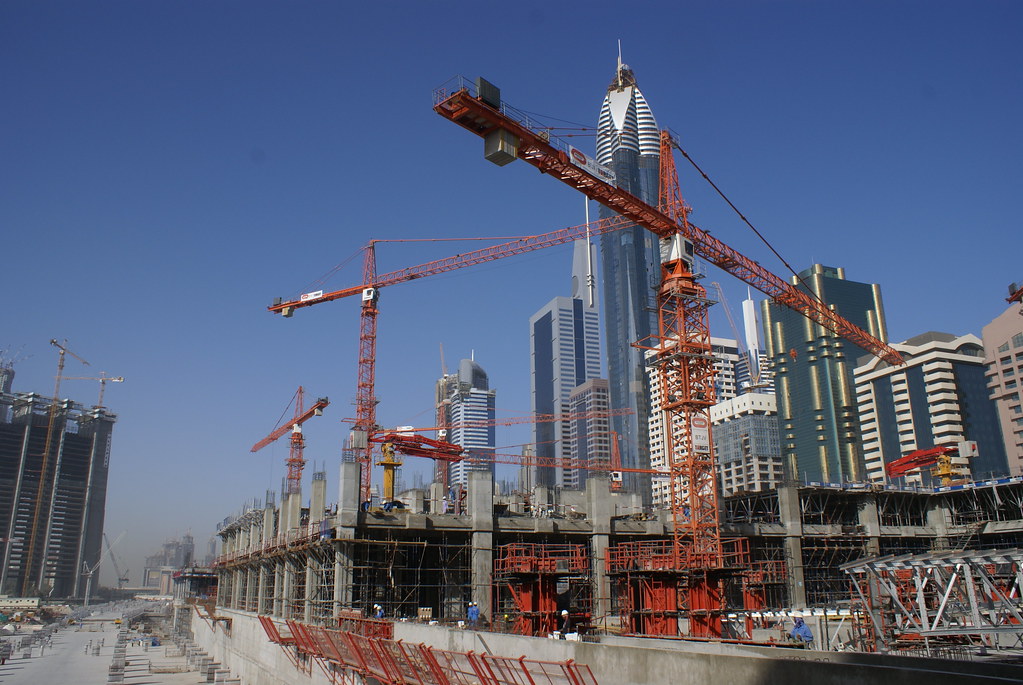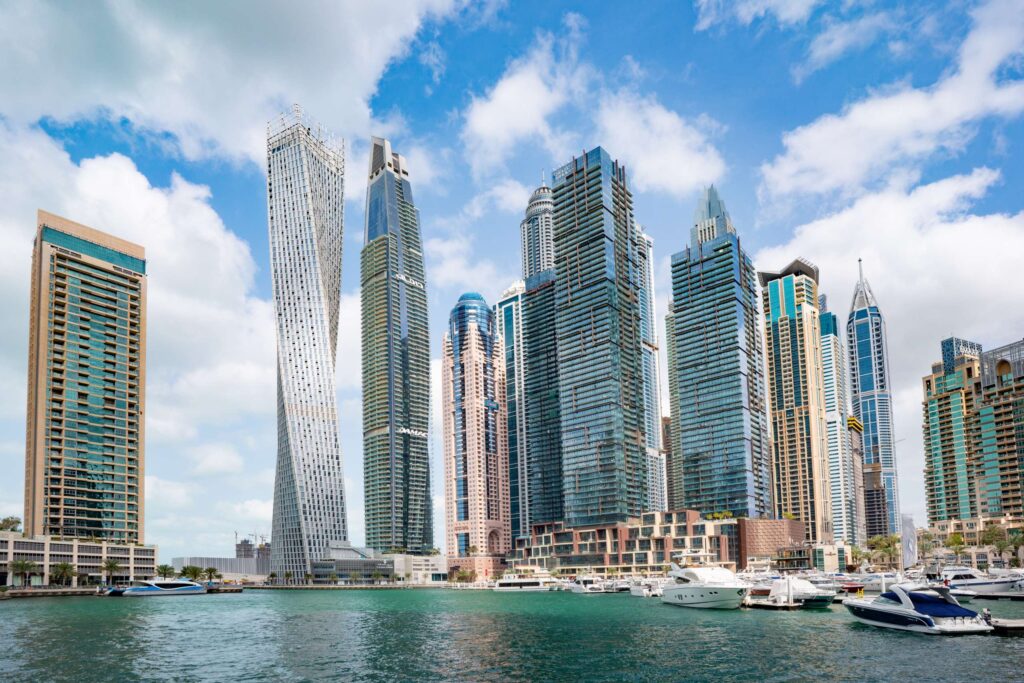Every economy goes through cycles that project the reality and stability of the country and its regulations. Globally, over a third of the world’s population is currently living in quarantine or lockdown, which is bound to affect the global economy and the demand-supply chain of products.
The duration of the world economic slowdown is uncertain as no definite period is stated for the seal of this crisis. The fact that every region is going through a different phase based on how rapidly the pandemic hit certain geographic locations also leads to a precarious economic climate.
Countries around the world have taken drastic measures when it comes to the real estate market. The UK and Italy, for example, are providing citizens with mortgage relief packages while in parts of Asia rent rebates, discounts, and legislations to protect tenants who cannot pay rent for the next six months have been considered.
Like any industry amid cyclical fluctuations, governments adopt measures to navigate challenges on the road to a resurgence of economic activity that will shape the long-term narrative. The Dubai government has historically been extremely active in working with all sectors, including hospitality and real estate, to successfully build confidence. This case appears to be no different.

How did the UAE respond?
A swift enhancement of policies from federal and local governments is noted as a firm attempt to support businesses and residents in the current situation. The federal stimulus in the UAE has primarily come in the form of a Dh100 billion stimulus package from the UAE Central Bank.
To support the economy, the UAE government launched a Dh1.5 billion economic stimulus package to be rolled out over the next three months. Consisting of 15 initiatives, the package focuses on retail, external trade, tourism, and the energy sectors. Packages will be reviewed after three months based on the prevalent economic conditions.
Dubai Land Department’s (DLD) statistics revealed that there was a 12 per cent and 33 per cent rise in overall transactions in January and February 2020 respectively compared to the same months in 2019. According to the latest report from the IMF’s World Economic Outlook, the UAE’s economy may contract by 3.5 per cent in 2020 amid the pandemic but is expected to grow by 3.3 per cent in 2021.
The UAE’s Central Bank has also removed the 20 per cent cap on bank real estate lending, interest rates are relatively low, and regulation on foreign ownership of businesses located outside free zones boosts demand. These factors play a major role in eliminating challenges in the current real estate sector and enhance economic growth.
The loan-to-value ratio for first-time, expat buyers increased from 75 per cent to 80 per cent for properties below Dh 5 Million, while Emiratis can enjoy a ratio of 85 per cent, up from 80 per cent. For properties above Dh 5 Million, the LTV ratio of 70 per cent is applicable for first-time expats, while first-time Emirati buyers can benefit from a 75 per cent LTV ratio.
A mandate has been passed whereby all small- and medium-sized enterprise customers may open a bank account within two days provided they meet all the legal obligations and necessary documentation to do so. Such regulations set a foundation for economic growth.
The private and semi-private sectors have not held back from supporting investors, businesses, and residents, either. We are taking this time to embrace new technologies, reach out to clients via e-platforms, and are determined to brainstorm on innovation to guarantee a promising rebound once the pandemic is over.

New Opportunities
In today’s digital era, developers can take this time to appeal to niche markets via social media, websites, or other creative means. Since the end of February, our website has received 45 per cent more unique visitors, and an increase of 18 per cent is noted in our visitor lead conversation rate as more online enquiries are received.
With the postponement of Expo 2020, developers will have the opportunity to complete projects in time and have gained another year to boost anticipation and demand. However, concerns of overbuilding and projects that add no value must still be addressed. Through the higher Real Estate Committee, Dubai’s leadership is taking concrete measures to eliminate duplication. This is a leap towards combating oversupply and ensuring that new projects add real value.
Mapping a Future
Amid the pandemic, the real estate sector can push up to the requirements of the market and take this time to understand different niches by constantly communicating through technology and data. The UAE has always been at the forefront of innovation and miles ahead when dealing with a crisis. These qualities will ensure a promising real estate future and stability in the market post-Covid-19.


